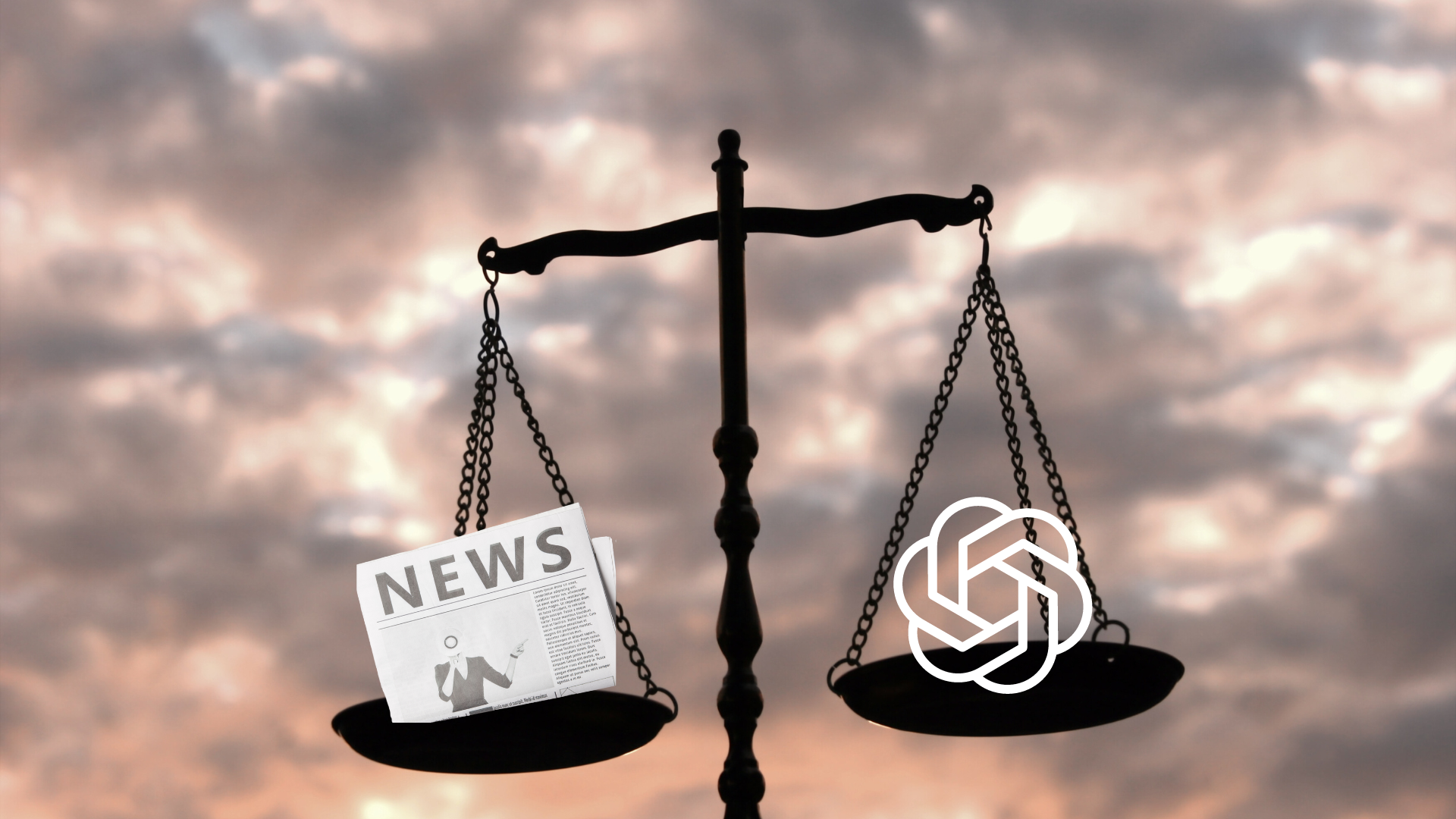Media Outlets Sue OpenAI Over Copyright with New Legal Strategy
The Intercept, Raw Story, and Alternet file lawsuits against OpenAI and Microsoft, accusing them of intentionally concealing copyright infringements by removing author and title information from articles used in AI training.
Three media outlets—The Intercept, Raw Story, and Alternet—have launched legal actions against OpenAI and Microsoft, marking another step in the ongoing legal battle between artificial intelligence (AI) companies and news publishers. Filed in a New York federal court, these lawsuits accuse the tech giants of deliberately obscuring copyright infringement by intentionally omitting the authorship and title information from the content used to train their AI, specifically ChatGPT.
This legal move is different from previous copyright infringement claims against AI companies, as it focuses on allegations of copyright management information removal. This strategy shift comes in the context of OpenAI’s decision last year to stop disclosing the sources of its training materials, aiming to maintain a competitive edge and minimize legal exposure. The publishers argue that this lack of transparency not only undermines copyright protections but also deceives users about the potential legal risks of using ChatGPT’s outputs.
The complaints suggest that ChatGPT's reliance on copyrighted materials without proper attribution poses a direct challenge to the viability and integrity of the publishing industry. Publishers are thus faced with a choice: accept compensation from AI companies for their content, which is often considered undervalued, or engage in costly legal battles. Notably, The New York Times has chosen the latter route, initiating a lawsuit against OpenAI after unsuccessful negotiations, while others like Business Insider and Politico have opted for settlements.
The lawsuits highlight a concern that ChatGPT, by replicating content from copyrighted works without attribution, could mislead users about the legality of its service and the respect for copyright ownership. This, according to the plaintiffs, could result in significant revenue loss for AI companies if users were deterred by potential copyright liabilities.
Under the Digital Millennium Copyright Act (DMCA), which prohibits the removal of copyright management information to prevent infringement, each alleged violation could cost OpenAI and Microsoft $2,500. With thousands of articles purportedly used without proper copyright management, the financial stakes for the defendants are substantial.
Nevertheless, legal precedents set by similar DMCA claims have not been favorable to plaintiffs, with a federal judge recently dismissing a case against OpenAI due to insufficient evidence of intentional copyright management information removal.
OpenAI's response to these allegations, particularly in its defense against The New York Times’ lawsuit, underscores a fundamental argument: ChatGPT and similar AI tools are not intended as news sources or substitutes for professional journalism.

